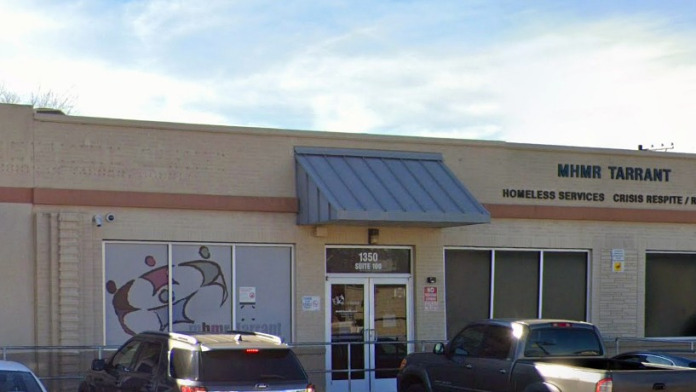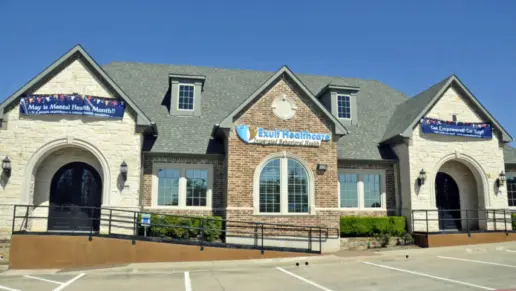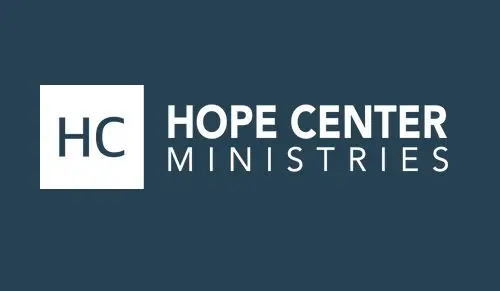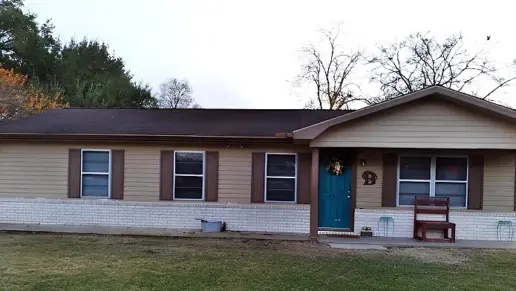Communication is horrible, inconsistent staff. Vivitrol non existent and two weeks after d/c from detox for alcohol, still no Naltexone or Revia, despite my entireties to see the PA over MATS and my MHMR therapists. Inexcusable !!!
About MHMR of Tarrant County
Formerly known as Community Addiction Treatment Services (CATS), My Health My Resources of Tarrant County (MHMRTC)’s Substance Use Services Program provides an array of addiction treatment programs for adolescents and adults in Fort Worth, Texas. This program incorporates prevention and education services to help stop addiction before it takes root. They offer ambulatory detox services, residential and outpatient treatment, HIV testing services, and housing for veterans in recovery. They accept self payment using a sliding scale fee, private insurance, Medicare, and Medicaid.
As there are so many treatment options available, clients start by calling the program’s ICARE Call Center for a short interview. This is a 24/7 hotline that helps clients find the help they need. For example, you may be linked to crisis intervention, emergency mental health care, relapse prevention services, and other forms of support. If you need to detox before beginning other forms of treatment, you can do so through outpatient or residential detoxification. This may include the use of addiction medications, including buprenorphine and naloxone, to make the process more comfortable.
Their treatment services focus on the physical, mental, and emotional aspects of addiction. There are age specific and gender specific programs that include life skills training, counseling, and parenting courses. There is also relapse prevention planning. Adults in residential treatment will live at the 50-bed Pine Street Rehabilitation Center. Male youth can attend residential treatment at the 16-bed Youth Recovery Campus.
Clients appreciate that the program offers specialized services for disabled clients and that they truly focus on providing individualized care. Staff members are attentive and responsive, and can help you enroll in the treatment best suited for your needs.
Latest Reviews
Rehab Score
Gallery

Location
Other Forms of Payment
Medicaid is a state based program that helps lower-income individuals and families pay for healthcare. Medicaid covers addiction treatment so those enrolled can use their coverage to pay for rehab. When a program accepts Medicaid the client often pays very little or nothing out of their own pocket.
Private insurance refers to any kind of healthcare coverage that isn't from the state or federal government. This includes individual and family plans offered by an employer or purchased from the Insurance Marketplace. Every plan will have different requirements and out of pocket costs so be sure to get the full details before you start treatment.
Self-pay involves paying for treatment out of your own pocket. You can use savings or credit, get a personal loan, or receive help from family and friends to fund your treatment. If you don't have insurance or your insurance plan doesn't cover a specific program, self-pay can help ensure you still get the care you need.
Financial aid can take many forms. Centers may have grants or scholarships available to clients who meet eligibility requirements. Programs that receive SAMHSA grants may have financial aid available for those who need treatment as well. Grants and scholarships can help you pai for treatment without having to repay.
Sliding scale payments are based on a client's income and family size. The goal is to make treatment affordable to everyone. By taking these factors into account, addiction recovery care providers help ensure that your treatment does not become a financial burden to you or your family, eliminating one barrier to care.
Addiction Treatments
Levels of Care
Treatments
The goal of treatment for alcoholism is abstinence. Those with poor social support, poor motivation, or psychiatric disorders tend to relapse within a few years of treatment. For these people, success is measured by longer periods of abstinence, reduced use of alcohol, better health, and improved social functioning. Recovery and Maintenance are usually based on 12 step programs and AA meetings.
During rehab in Texas, you'll deal with underlying issues that contribute to addiction. By addressing these challenges and learning healthy ways to cope with them, you'll develop strategies that help you live a drug-free lifestyle.
Many of those suffering from addiction also suffer from mental or emotional illnesses like schizophrenia, bipolar disorder, depression, or anxiety disorders. Rehab and other substance abuse facilities treating those with a dual diagnosis or co-occurring disorder administer psychiatric treatment to address the person's mental health issue in addition to drug and alcohol rehabilitation.
Opioid rehabs specialize in supporting those recovering from opioid addiction. They treat those suffering from addiction to illegal opioids like heroin, as well as prescription drugs like oxycodone. These centers typically combine both physical as well as mental and emotional support to help stop addiction. Physical support often includes medical detox and subsequent medical support (including medication), and mental support includes in-depth therapy to address the underlying causes of addiction.
Substance rehabs focus on helping individuals recover from substance abuse, including alcohol and drug addiction (both illegal and prescription drugs). They often include the opportunity to engage in both individual as well as group therapy.
Programs



Clinical Services
Research clearly demonstrates that recovery is far more successful and sustainable when loved ones like family members participate in rehab and substance abuse treatment. Genetic factors may be at play when it comes to drug and alcohol addiction, as well as mental health issues. Family dynamics often play a critical role in addiction triggers, and if properly educated, family members can be a strong source of support when it comes to rehabilitation.
Group therapy is any therapeutic work that happens in a group (not one-on-one). There are a number of different group therapy modalities, including support groups, experiential therapy, psycho-education, and more. Group therapy involves treatment as well as processing interaction between group members.
In individual therapy, a patient meets one-on-one with a trained psychologist or counselor. Therapy is a pivotal part of effective substance abuse treatment, as it often covers root causes of addiction, including challenges faced by the patient in their social, family, and work/school life.
Life skills trainings involve all the skills a person must have in order to function successfully in the world. These include time management, career guidance, money management, and effective communication. Truly successful addiction recovery is based on the ability to not only live substance-free, but to thrive. Life skills teaches the practical necessities of functioning in society, which sets clients up for success in life, and therefore sobriety.
The Tobacco Cessation Program will help you increase your confidence, learn effective problem-solving skills, anticipate triggers, lessen withdrawal symptoms, maintain motivation, increase social support and avoid weight gain. Treatment is effective and can make a huge difference in your health and the health of our community.
Trauma therapy addresses traumatic incidents from a client's past that are likely affecting their present-day experience. Trauma is often one of the primary triggers and potential causes of addiction, and can stem from child sexual abuse, domestic violence, having a parent with a mental illness, losing one or both parents at a young age, teenage or adult sexual assault, or any number of other factors. The purpose of trauma therapy is to allow a patient to process trauma and move through and past it, with the help of trained and compassionate mental health professionals.
Amenities
-
Private Setting
Accreditations

The Commission on Accreditation of Rehabilitation Facilities (CARF) is a non-profit organization that specifically accredits rehab organizations. Founded in 1966, CARF's, mission is to help service providers like rehab facilities maintain high standards of care.
CARF Accreditation: Yes
Contact Information
1350 East Lancaster Avenue
Fort Worth, TX 76102


